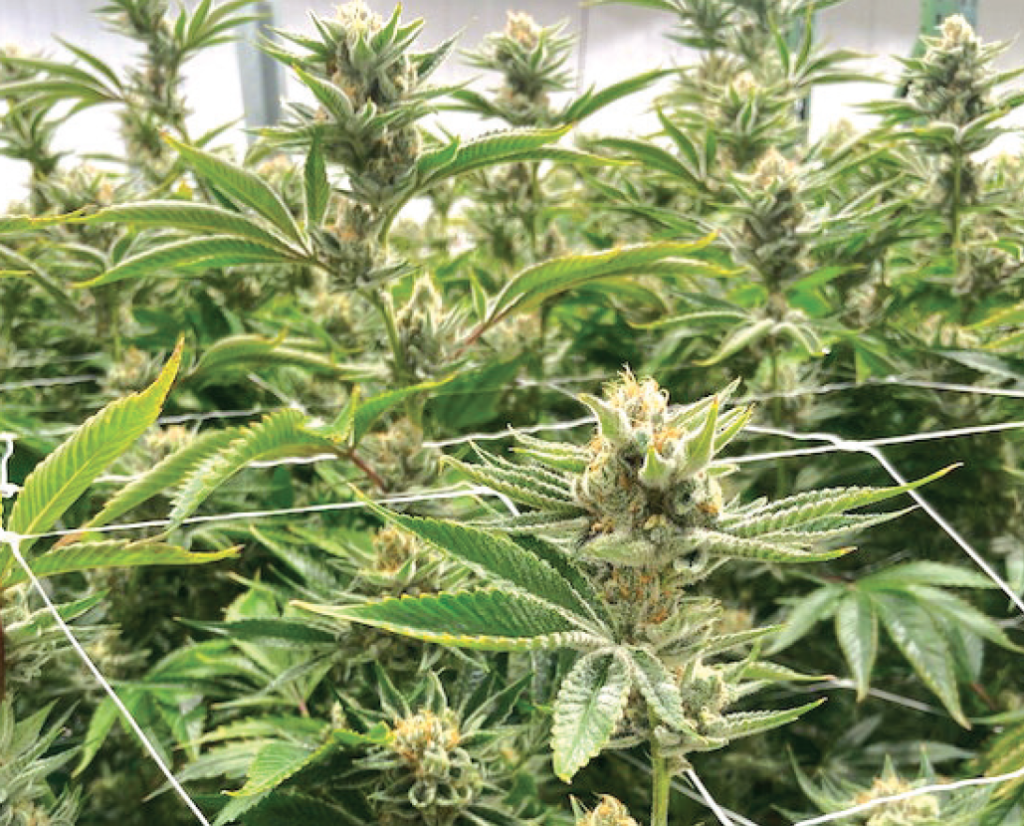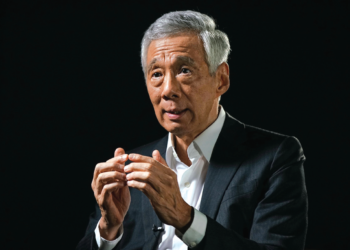We suggest you keep an eye on these countries as their cannabis operations continue to expand.
June 28, 2023. Rachel Abela.

What we love about working in the cannabis industry is how it’s constantly expanding and becoming more normalized. As this happens, countries are swiftly changing laws to stand in favor of the plant for adult use or medical purposes.
Hemp is even turning into a profitable and sustainable material, and a handful of countries are changing their once-strict laws to take advantage of the plant and its many uses. And without looking at North American markets (although Canada is one of the world’s largest exporters), other countries in different continents are proving they are ready to position themselves as a serious player in the international cannabis industry.
According to research from technical420, the magazine noted three countries we should keep an eye on as cannabis continues to tear up the global ground. These countries share one common theme: creating markets that will stand the test of time and finding unique ways to expand.
For starters, let’s discuss Colombia’s stance in the cannabis industry. It all started in December 2020, when the country’s insurance companies began covering the cost for patients receiving medical cannabis.
This was a huge move for the Colombian government to put itself on the map as one of the world’s leading medical programs. A move like this only means Colombia’s medical cannabis program is here to stay.
The second country that’s been grabbing attention is Israel. According to data from MJBizDaily and Israeli Cannabis Magazine, the country became the world’s largest importer of medical cannabis flower in 2020, just surpassing Germany. However, Israel also has a significant chance of exporting cannabis throughout European countries and replacing Canadian cannabis with Israeli.
As per technical420, Israel is home to a favorable growing climate, and cannabis cultivators have been reported growing flower for less than $0.40 a gram.
Finally, Thailand made waves this year by legalizing hemp, its production, and its use in products. These hemp products are said to be anywhere from medical supplements to cosmetics and construction.
Still, Thailand did not legalize hemp with over 1% THC, but because the government only allowed for a limited number of licenses to produce it, we can only expect these cultivators will see substantial financial gain. Thailand cultivators might be responsible for all of Asia’s hemp if other countries loosen laws.


Rachel Abela.





